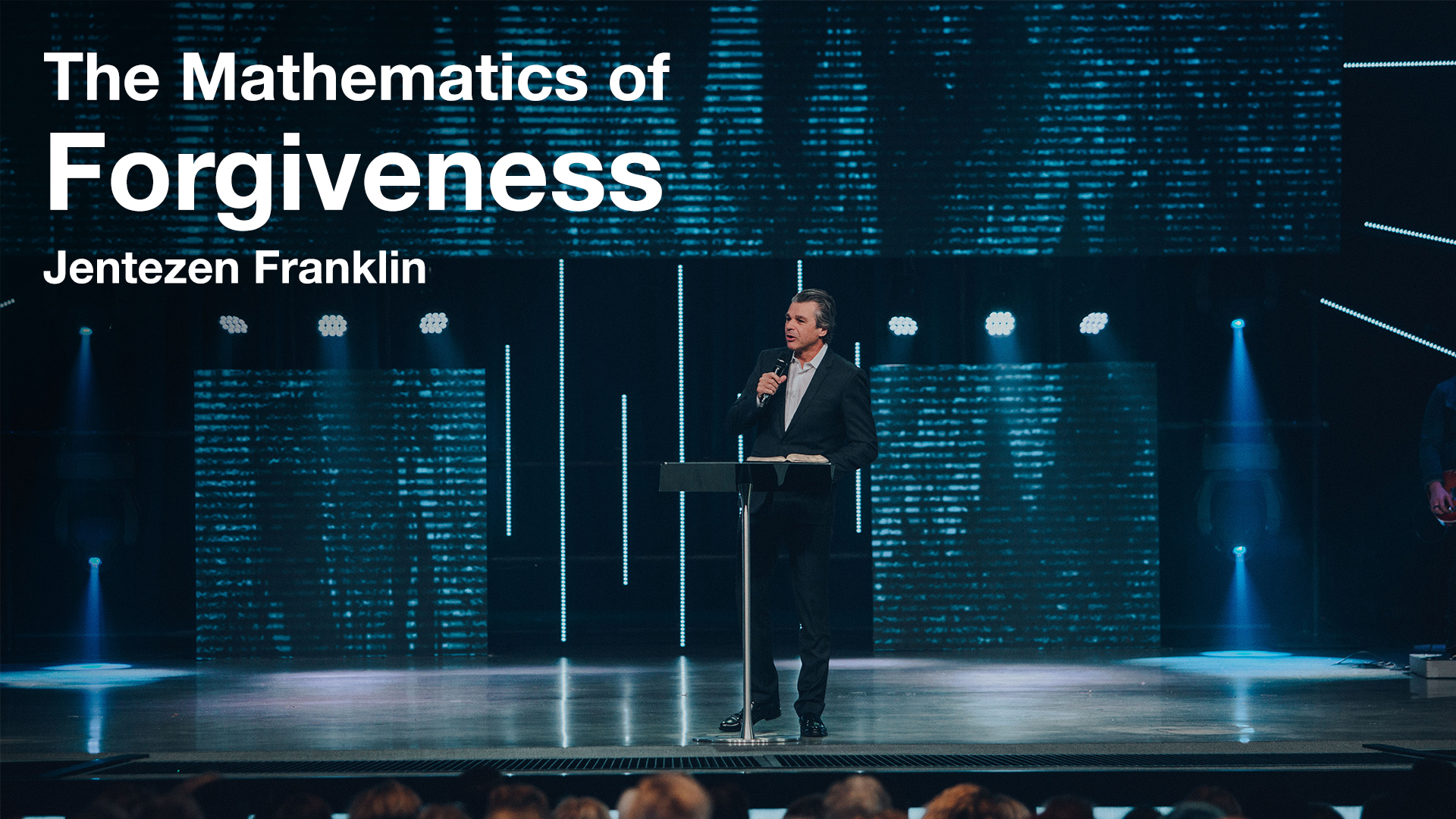Forgiveness-No Quick Fixes
What are the boundaries of forgiveness? We know from Scripture that must forgive, but can there be a point of no return—a point where a person has gone too far or hurt us one too many times? The big betrayal. The infidelity. The senseless act of violence. What is the limit? Where does it end? If you have ever asked yourself any of these questions, you are not alone. The question of forgiveness has been an issue many have wrestled with since the beginning of time.
One of Jesus’ own disciples, Simon Peter even wrestled with this issue—and then, he came up with what he thought was the winning formula for forgiveness. In Matthew 18:21, the story is told of Peter coming to Jesus and asking, “Lord, how often shall someone sin against me and I have to forgive him? Up to 7 times?” No doubt, Simon Peter had been dealing with some difficult person, someone who was really trying his patience-- perhaps a nagging wife, a meddling neighbor, and rebellious child, nosy in-laws, or a dishonest fishing partner. We see in scripture that Simon Peter was a very impatient man with a short temper. Extending forgiveness 6 times was a big deal for a man of his temperament, and in his mind 7 times was really generous. So 7 times had to be the perfect equation for forgiveness.
So often we do the same thing. We may not be as vocal about it as Simon Peter was, but most of us have an invisible tally sheet we keep. On this mental tally sheet we compile lists of hurtful words and actions—all the times we have been mistreated or misunderstood. Many of the biggest offenders are the people we are closest to. So what is God’s formula for forgiveness? In the same passage Jesus answered him and said, “No, not 7 times but 7 times 70.” In other words, if you forgive someone 490 times in one day, that’s an offense every 2 minutes you have to forgive, and it’s continual. But how do you do this? What was Jesus really saying? The Bible gives us the steps to the correct formula for forgiveness, and these are steps that Jesus himself had to take when the very people he came to save, condemned him to death.
- Sometimes the best in us can only be brought out by the worst that is done to us—usually by the people we love the most. God does not cause it, and he doesn’t intend for it to destroy us, but if we allow him, he can use the worst of situations to bring out the best in us. Joseph saw it when he was reunited in Egypt with his brothers who had sold him as a slave so many years before. In Genesis 50: 9, he says to them, “Don’t be afraid of me. Am I God that I can punish you? You intended to harm me but God intended it all for good, He brought me to this position so I could save the lives of many people…”
- Forgiveness means draining away the poison of bitterness, wrath, and anger-- Ephesians 4:31 says, “Get rid of all bitterness, rage, and slander as well as all types of evil behavior.” Unforgiveness cannot be ignored. If you do not deal with it, it will fester and grow deeper.
- Forgiveness means forgiving as God has forgiven us. -- Verse 32 of Ephesians 4 says, “ Instead be kind to one another, tenderhearted, forgiving one another just as God through Christ has forgiven you.” If you are able to do this then you know you have truly forgiven.
Yes, forgiveness is possible, but we must let go of our quick-fix formulas and do the right Math—God’s Math. Will it be difficult? Yes. Will it take time? Yes. The way to release the offense and forgive is to pray and ask God to help you to release that person who has wronged you. What they did to you was wrong. It hurt you deep inside. But the only way to forgive them is to open your heart to Jesus, keep knocking, keep asking, and keep praying. Little by little God will begin to restore you and heal your relationships. You can count on it!
Let’s talk.
Share









